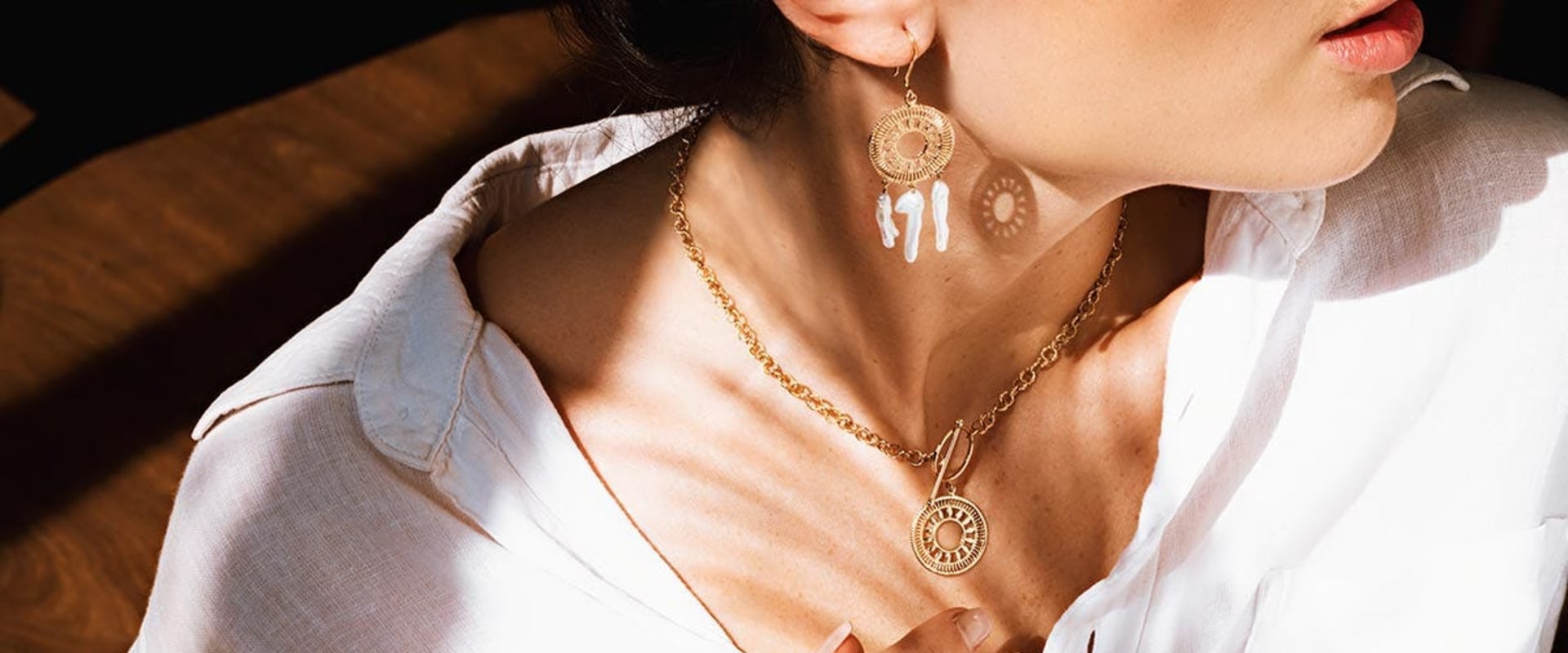Are you a photographer looking for an efficient and secure way to manage your client contracts? Fixed price contracts are the perfect solution for you! They provide both the photographer and their clients with the assurance that they know exactly what they are paying for. With a fixed price contract, photographers can guarantee their services will be provided at a set price and avoid any costly surprises. This article will outline the benefits of fixed price contracts for photographers and provide guidance on how to create them.
Disadvantages of Fixed Price Contracts
Risk of Undercharging or OverchargingOne of the primary drawbacks of using a fixed price contract is the risk of undercharging or overcharging for services. If the scope of the project increases, the photographer may be unable to charge more money without renegotiating the contract.This can lead to a loss in revenue, which can be difficult to make up in a timely manner. Similarly, if the scope decreases, the photographer may end up charging too much and not making enough money. Additionally, it is easy to underestimate how long a project will take, which can lead to the photographer not earning enough for their time and effort. This could result in them having to work extra hours to complete the project, which could end up costing them more money than they expected. It is important for photographers to carefully consider all potential risks before entering into a fixed price contract. They should also be aware of any potential changes that may occur during the course of the project and be prepared to adjust their pricing accordingly.
Advantages of Fixed Price Contracts
Fixed price contracts are a great solution for photographers who need to provide their services in a way that is both cost-effective and easy to understand.By setting a fixed price for their services, photographers can offer their clients a certain level of cost certainty. This allows clients to budget accordingly and know exactly how much they will be spending on the project. In addition, fixed price contracts also offer photographers more control over their pricing. Photographers can set rates based on their own experience and expertise, ensuring they are fairly compensated for their work.
This type of contract also helps photographers avoid any surprise costs that may arise during the course of a project. Finally, fixed price contracts provide photographers with the opportunity to negotiate the terms of their agreement. By including conditions such as payment schedules and other important details, photographers can ensure that they receive the compensation they deserve for their work.
Creating a Fixed Price Contract
Creating a fixed price contract for photography services requires careful planning and negotiation. When setting up a fixed price contract, the first step is to outline the scope of the project and agree on a timeline for completion.This ensures that all parties know what is expected of them and when it needs to be completed. The photographer should explain the details of their services, including any special requirements such as additional editing or retouching. They should also provide an estimated cost for their services and establish the payment terms. Clear communication between the photographer and their client is essential in order to avoid any misunderstandings or disputes. The photographer should also discuss any potential risks associated with the project, such as delays or additional costs that could arise. This is an important step in ensuring that both parties are aware of any potential issues that could arise. Once the scope of the project and timeline have been agreed upon, the photographer should create a formal contract outlining all of the agreed terms and conditions.
This should include a detailed description of the services provided, payment terms, timelines, and any other relevant information. The contract should be signed by both parties to ensure that both are legally bound by its terms.
What is a Fixed Price Contract?
A fixed price contract is an agreement between a photographer and their client that outlines the cost of a certain project. This type of contract is beneficial for photographers because it allows them to offer their services in a way that is easy to understand and budget for. Under a fixed price contract, the client pays the photographer a set amount of money to complete the project, regardless of how long it takes or any unexpected costs that may arise. The photographer should be sure to include any additional costs associated with the project, such as travel expenses or extra materials, in the agreement so that there are no surprises for either party.It's also important to make sure that the agreed-upon price accurately reflects the scope of the project and the time required to complete it. Using a fixed price contract can be beneficial for both photographers and clients. The photographer will have a clear understanding of how much they will be paid for the work they are doing, while the client can budget accordingly and know what they will be paying upfront. Additionally, fixed price contracts can help photographers to create more consistent pricing structures. Photographers can set prices based on their own expertise and experience, as well as the complexity of the project, instead of having to negotiate prices on each individual job.
Legal Considerations for Photographers
When entering into a fixed price contract, photographers need to be aware of the legal considerations that come with it. A fixed price contract is a legally binding agreement between two parties, and as such, should be entered into with caution.Before signing a fixed price contract, photographers should make sure they understand their rights and responsibilities under the agreement and any applicable laws. One of the most important considerations is that both parties must agree to the terms of the contract. This means that both parties must understand the scope of the project, the payment terms, and any other relevant details. Photographers should also make sure that their contract includes a clause that allows for changes to be made in case of unforeseen circumstances. In addition to understanding the terms of the contract, photographers should also consider any local laws or regulations that may apply. These can include copyright laws, zoning regulations, licensing requirements, and other legal considerations.
Photographers should also check with their local government or business licensing office to ensure they are compliant with any applicable laws. Lastly, it's important to understand how disputes will be handled if they arise during the course of the contract. Photographers should consider including a dispute resolution clause in their contract that outlines how disagreements will be addressed and resolved. This will help to ensure that both parties are protected in case of any disagreements or misunderstandings.
Managing a Fixed Price Contract
Once a fixed price contract has been signed, it is important to ensure that both parties are clear on their expectations. This includes setting out a timeline for the project, and understanding the scope of work to be delivered.A clear, concise plan should be agreed upon and adhered to, as well as any payment schedules or deliverables. It is also important to establish an open line of communication between the photographer and the client, so that any issues or changes can be discussed in a timely manner. This can help to ensure that both sides are on the same page throughout the process and that any unforeseen problems can be addressed quickly. In addition, the photographer should make sure to keep accurate records of all the work done, and have processes in place for tracking progress on the project.
This will help to ensure that all parties are aware of the work completed, and that any disputes or issues can be resolved quickly and efficiently. Finally, it is important to ensure that both parties are satisfied with the end result. If there are any complaints or disputes, they should be addressed promptly and professionally. The photographer should also make sure to document any changes or amendments made during the course of the project, so that any disputes can be resolved quickly.




Leave Message